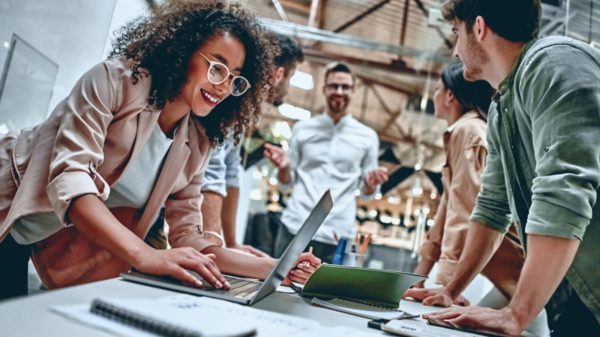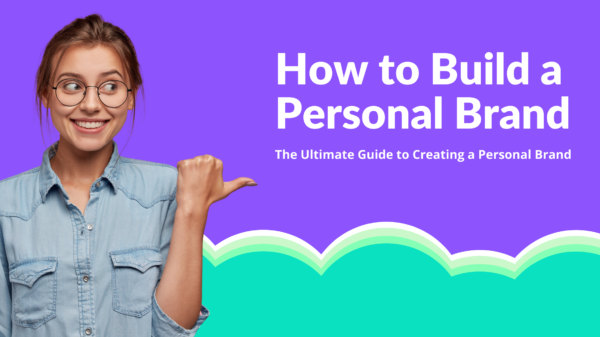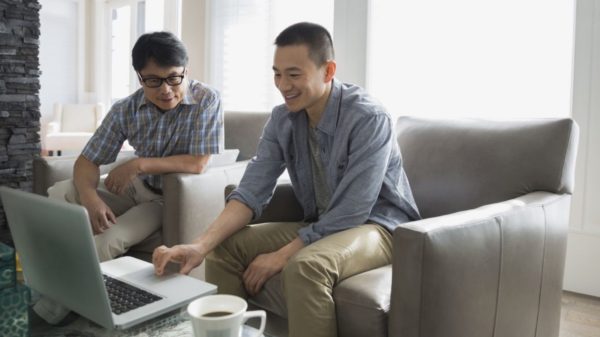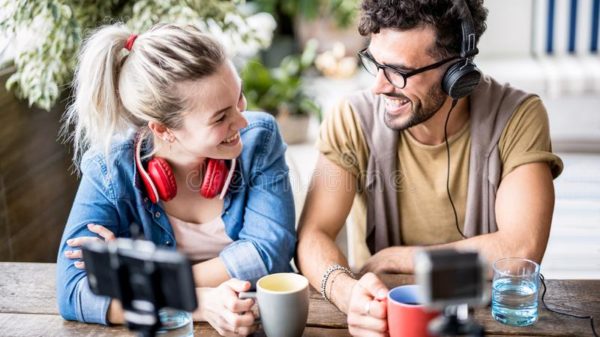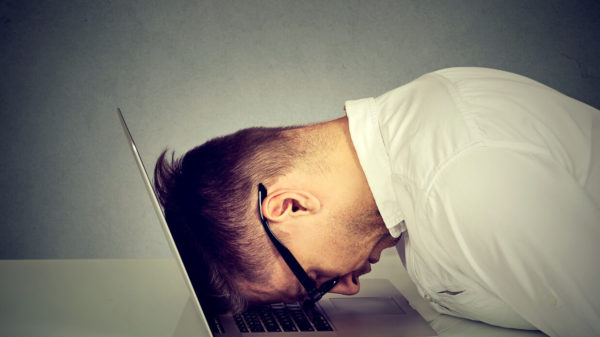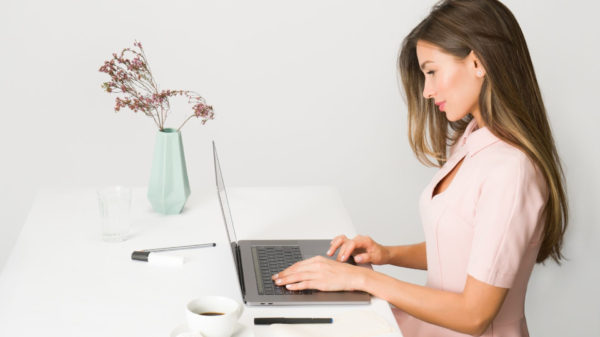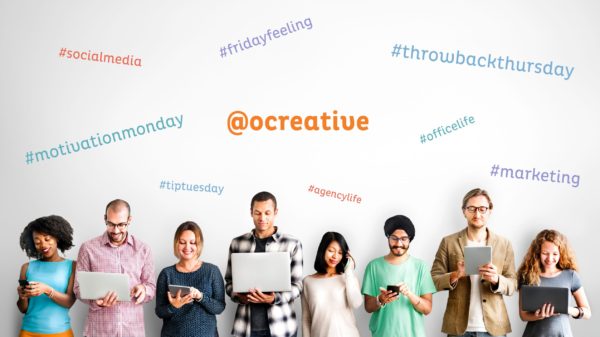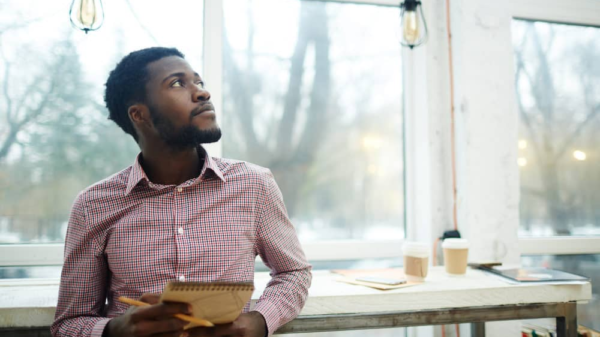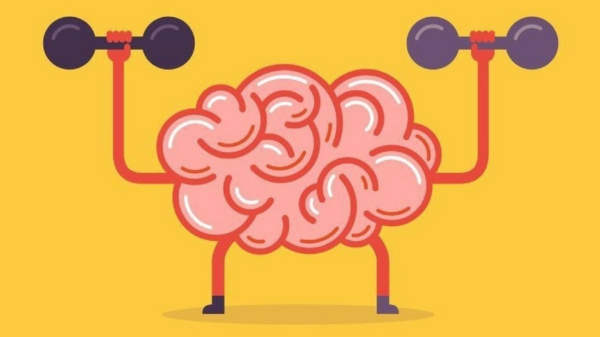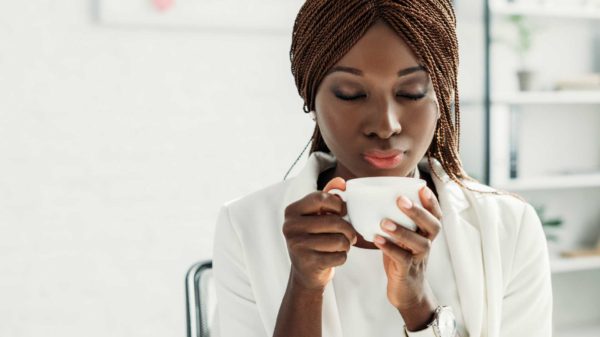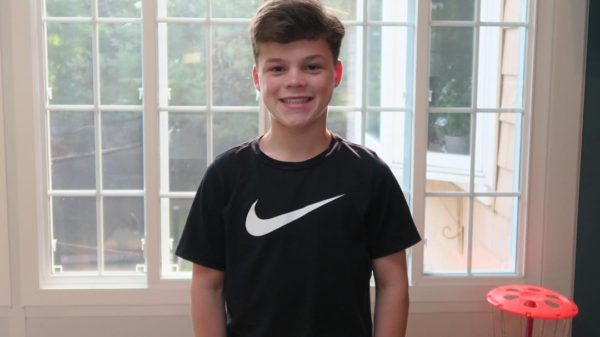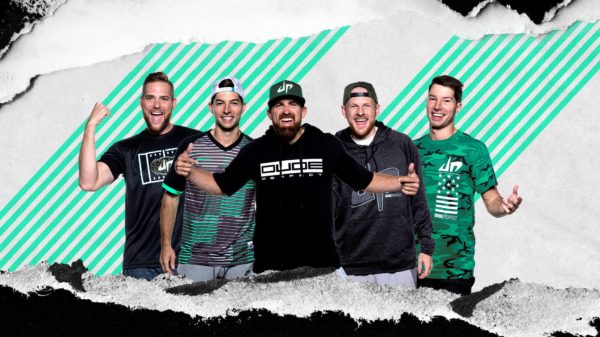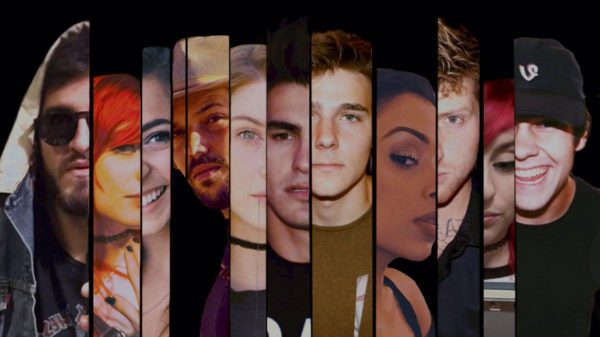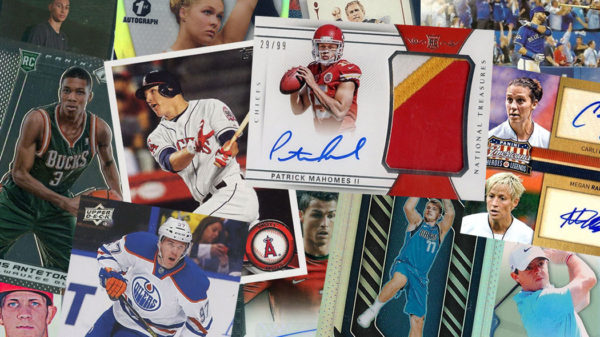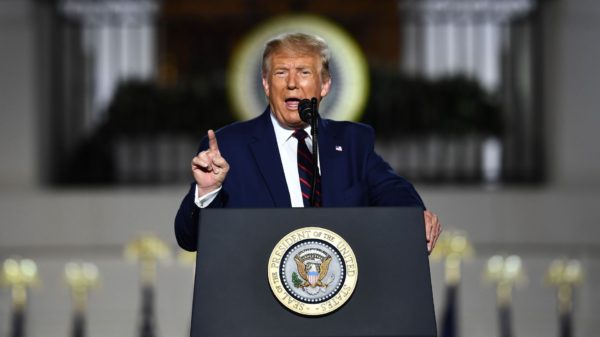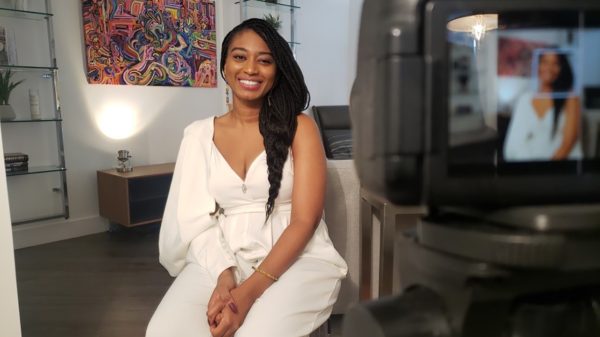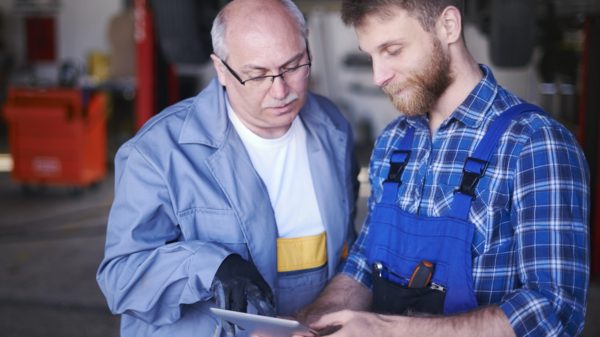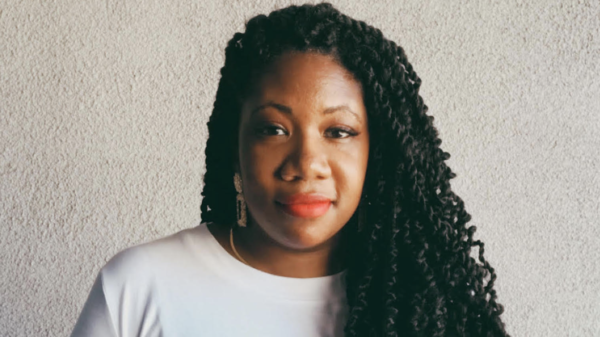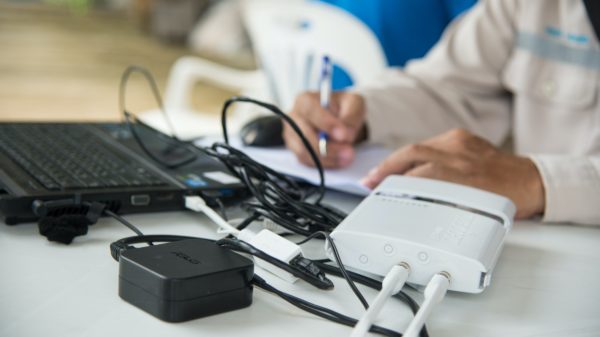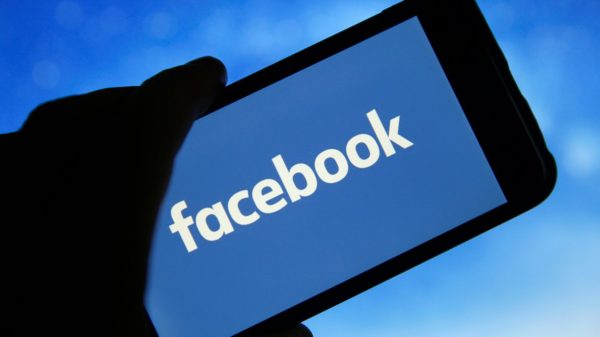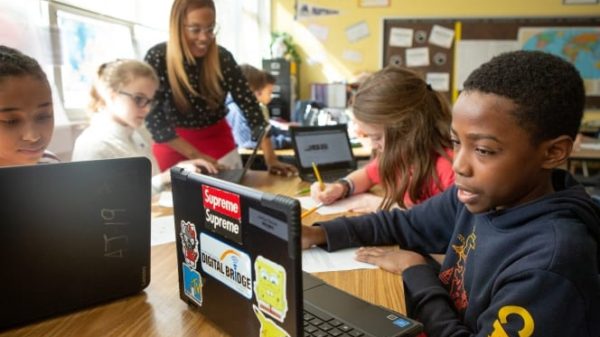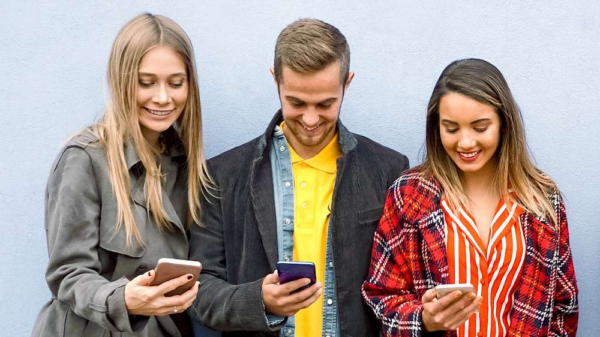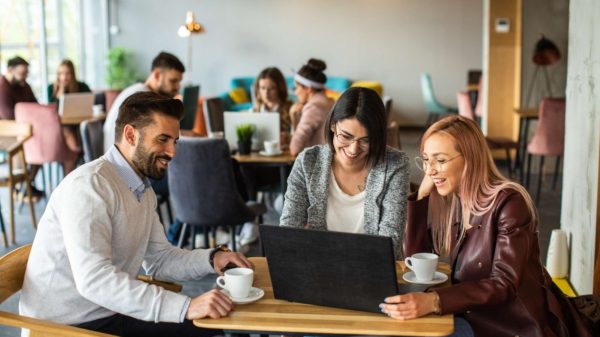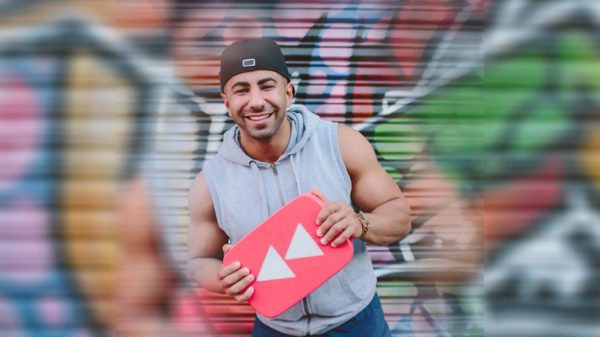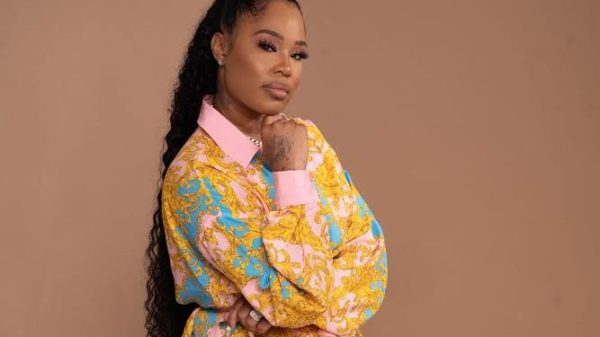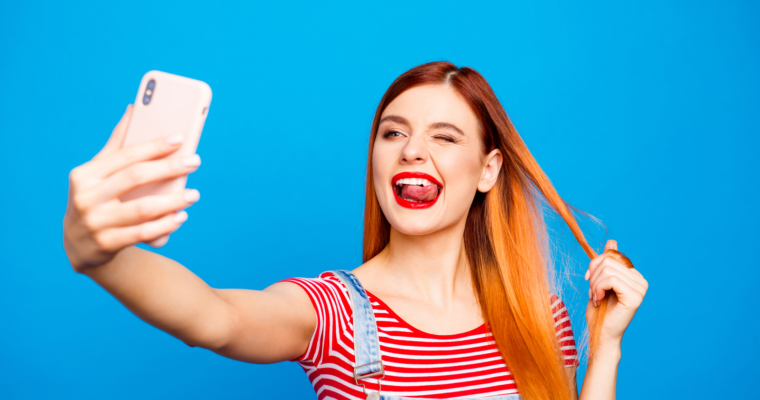Influencers are carving the way in which people shop during the pandemic, as more people invest energy on their mobiles and online.
In a year set apart by telecommuting and remaining indoors, the influencer circle has adjusted to meet followers where they are. Influencers, or content makers who have constructed notoriety and following for their reputation or skill, have taken advantage of another sort of brand: relatability.
Gone are the times of going to lavish retreats or eating at luxurious five-star restaurants.
Enter the period of dressing up living spaces, attempting new home exercises, and finding the best healthy skin products. Instagram photographs of designer-label handbags and matcha lattes from the nearby barista are being swapped with yoga jeans and home-prepared dinner ideas.
Influencer-Fueled Shopping Application
View this post on InstagramA post shared by Shelby | Pretty in the Pines (@prettyinthepines) on
The influencer-fueled shopping application has developed its content by a normal of 43% from a year ago. Possessed by blogger monetized platform rewardStyle, the application has 100,000 content makers who power sales for more than 5,000 retailers extending from Walmart to Ulta, Apple, and Chanel.
As indicated by Venz Box, when a huge number of stores shut down because of the worldwide closure, influencers slid into the part of retailers’ key distributive sales forces. Furthermore, the best brands had the option to “utilize their influencer power”. And drive applicable product sales through major influencer stations.
NYC lifestyle and design blogger Shelby Vanhoy has seen her Instagram story views and post impressions climb triple since before the pandemic. As the maker of the “Pretty in the Pines” blog, which has an Instagram following of 135,000. The influencer has been at the cutting edge of the social media business blast.
How Influencers Changed the Game
View this post on InstagramA post shared by Shelby | Pretty in the Pines (@prettyinthepines) on
When the world moved to work from home mode in March, influencers reacted by shifting the kinds of products that they were discussing or featuring.
A portion of the classes incorporates beauty, home wellness, and home design.
Regardless of reports about a mass decrease in cosmetics sales, skincare is up on her site, as per Venz Box. Sales volume has taken off 140%, driven by influencers and beauty brands facilitated on the application. The quantity of people discussing skincare has almost multiplied. And is now really changing over to and driving sales towards those brands. Including any semblance of Ulta, Glossier, and Sephora, among others.
The result of Pandemic on Retail Sales
View this post on InstagramA post shared by Shelby | Pretty in the Pines (@prettyinthepines) on
At-home projects have likewise observed a lift. On the LiketoKnow.it platform, home fitness sales ticked up 150% with a 50% increment in transformation. Brands like Lululemon, Nike, and Adidas were the immediate recipients. Vanhoy of Pretty in Pines additionally saw an enormous uptick in home-stylistic layout sales through her affiliate links.
Harvey, a top-rated author, and curator of design content debuted a series of “virtual vacations” complete with videos of home and yard visits when travel limitations took effect.
Influencers are molding what customers are looking for yet in addition to how they are getting along it.
The Dallas-based organization created more than $500 million worth of product sales. Just in the main portion of the year because of the development of influencers. Consumers are purchasing 42% more per post of content than in the year earlier. Furthermore, compared to a year ago, customers are 84% bound to buy products that they click with sales per click up about 58%.
Opinions expressed by AsianBlurb contributors are their own.
Maham Qasim is an English Literature and Economics student at Forman Christian College University with an interest in writing. Maham was born in Pakistan and raised in Saudi Arabia and is now pursuing her education.

